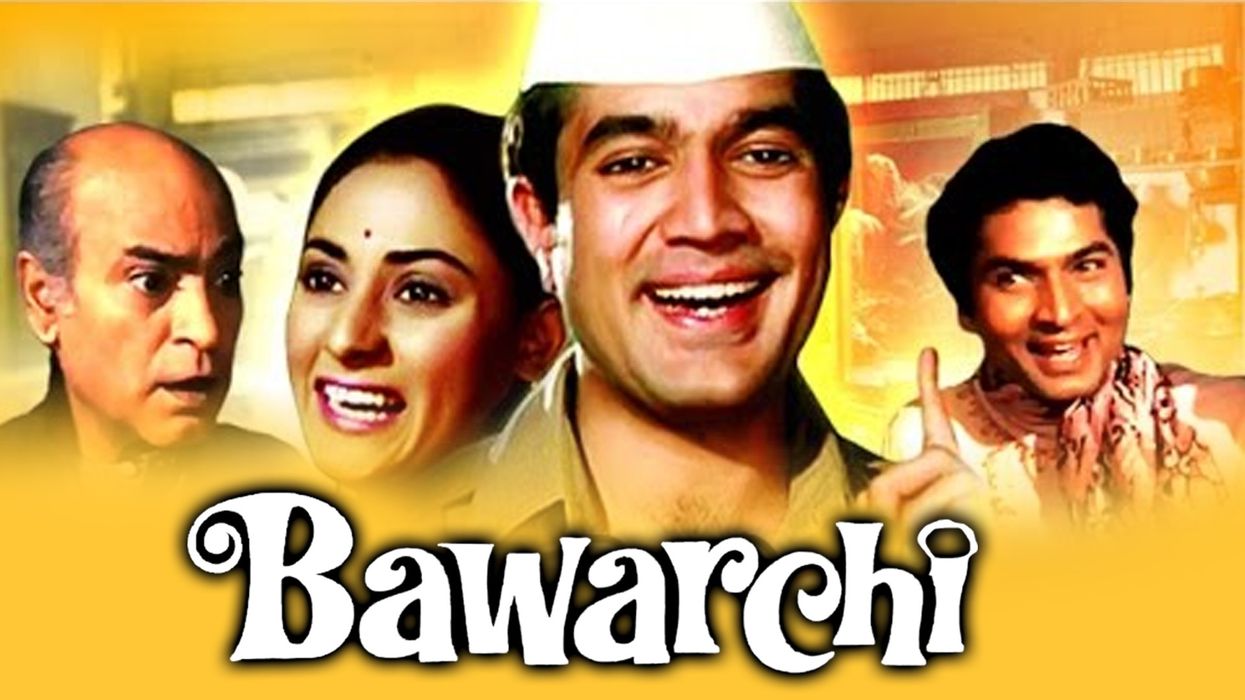Filmmaker Anushree Mehta of Mrs Undercover fame will tackle the remake of Hrishikesh Mukherjee’s classic film Bawarchi, starring Rajesh Khanna.
The project is part of a three-film collaboration between Jaadugar Films and Sameer Raj Sippy Productions. The two studios will also develop retellings of the Amitabh Bachchan-Jaya Bachchan starrer Mili (1975) and Gulzar's 1972 drama Koshish.
Mehta, who is also producing along with Abir Sengupta through Jaadugar Films, said she is excited and honoured to direct the film, which will be a modern-day retelling of the classic movie.
"When my business partner Abir Sengupta, Sameer Raj Sippy, and I decided to join hands to produce these three iconic films, we were clear that we would leave no stone unturned in remaking them with utmost love and respect. During our discussion on 'Bawarchi', Abir and Sameer were of the opinion that I should be writing and directing the remake.
"They were convinced that I would be able to tell the story in a manner which would make them proud. We were in sync with our vision and I wholeheartedly agreed to come aboard as the writer-director," the filmmaker said in a statement.
Released in 1972, Bawarchi featured late cinema icon Rajesh Khanna and Jaya Bachchan in the lead roles.
The film revolved around The Sharmas, a middle-class family desperately looking for a servant and are relieved when an exuberant and multi-talented man, named Raghu (Khanna), takes up the job.
Also starring Asrani, Harindranath Chattopadhyay, AK Hangal, and Durga Khote, Bawarchi was a remake of the 1966 Bengali film Galpo Holeo Satti by Tapan Sinha.
Mehta said she will ensure that the adaptation will feel relatable to the modern audience.
"The idea of retelling a film is to adapt it according to the current times and make it more relatable to the world we live in today—while keeping the soul and purpose of the original intact. Since 'Bawarchi' itself was a remake of a Bengali film, Hrishida in his time recreated it and made it relatable to that era.
"My attempt is going to be with a similar intention, to retell the classic story of 'Bawarchi' in a way that the family audiences of all age groups can watch and enjoy the movie together. I'm aiming to create a wholesome, unforgettable family experience," she added.




